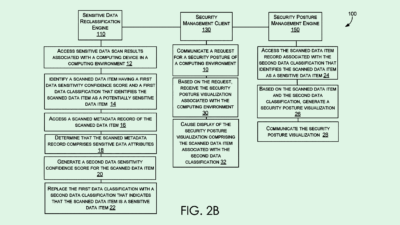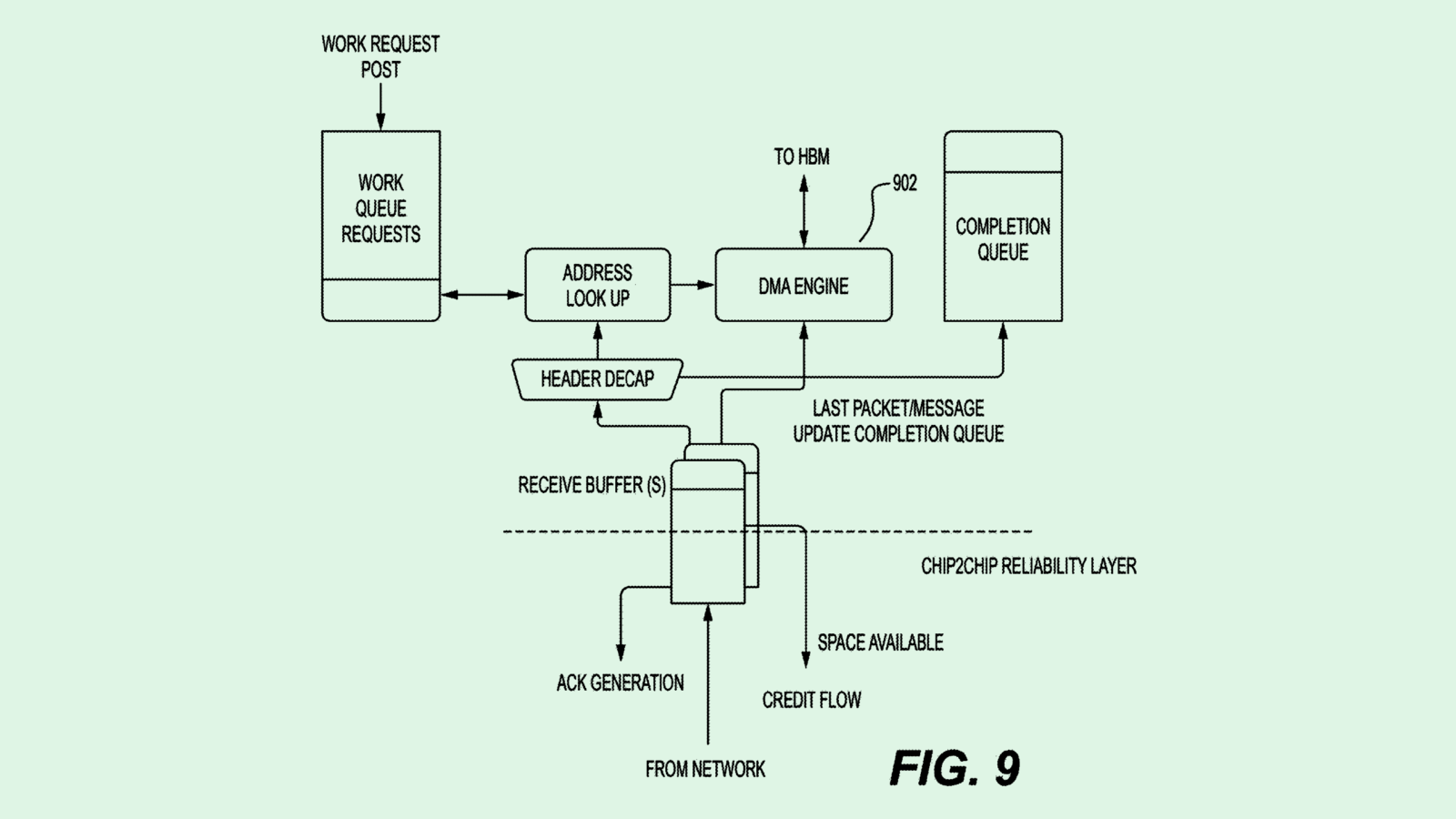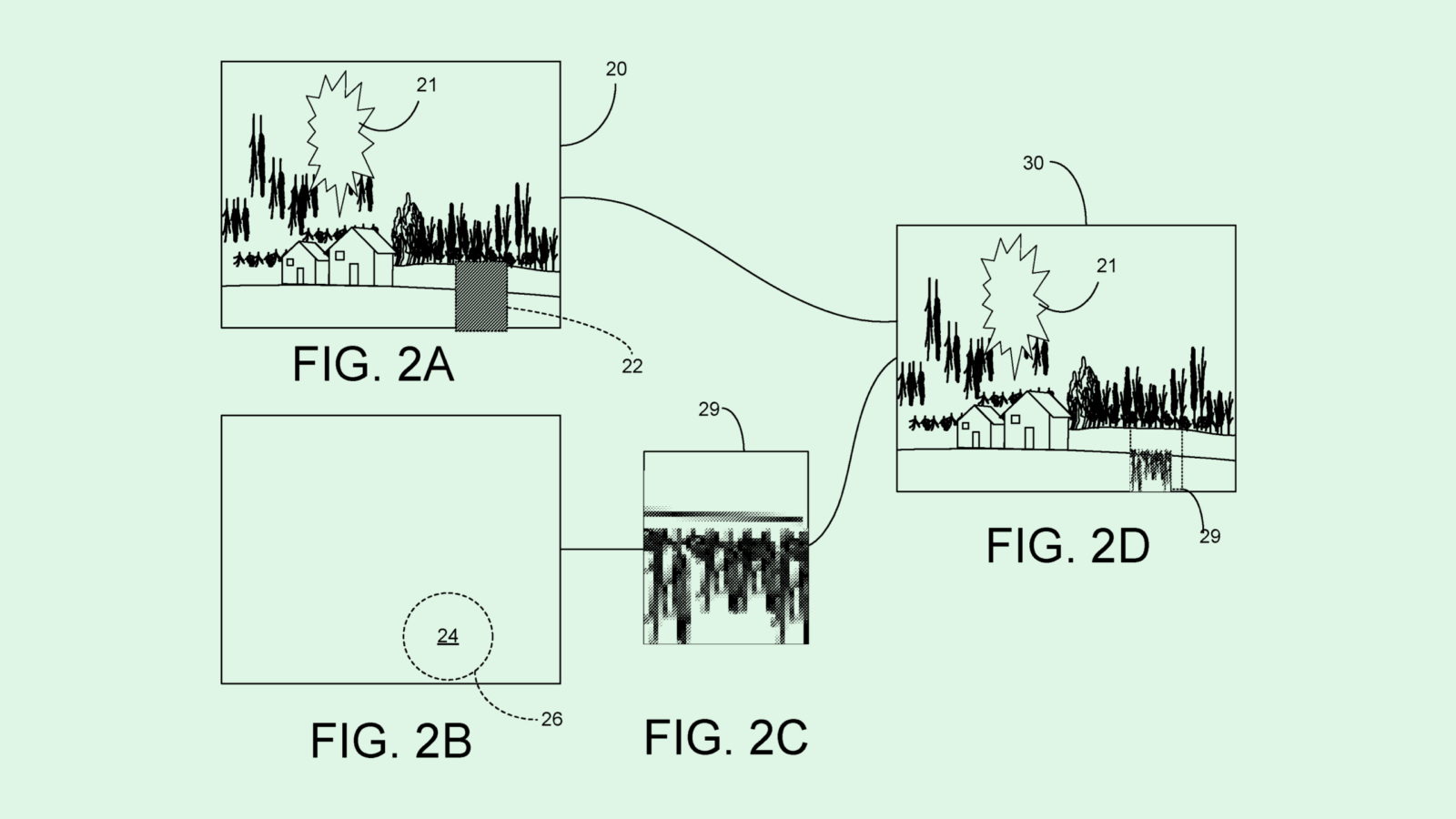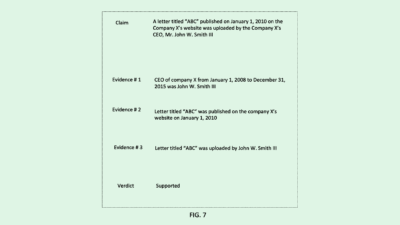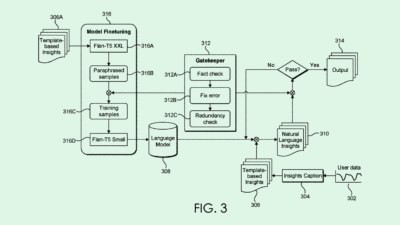Can Microsoft’s Bing — or Anyone Else — Ever Overtake Google?
Microsoft wants to get up close and personal to make its search results better.
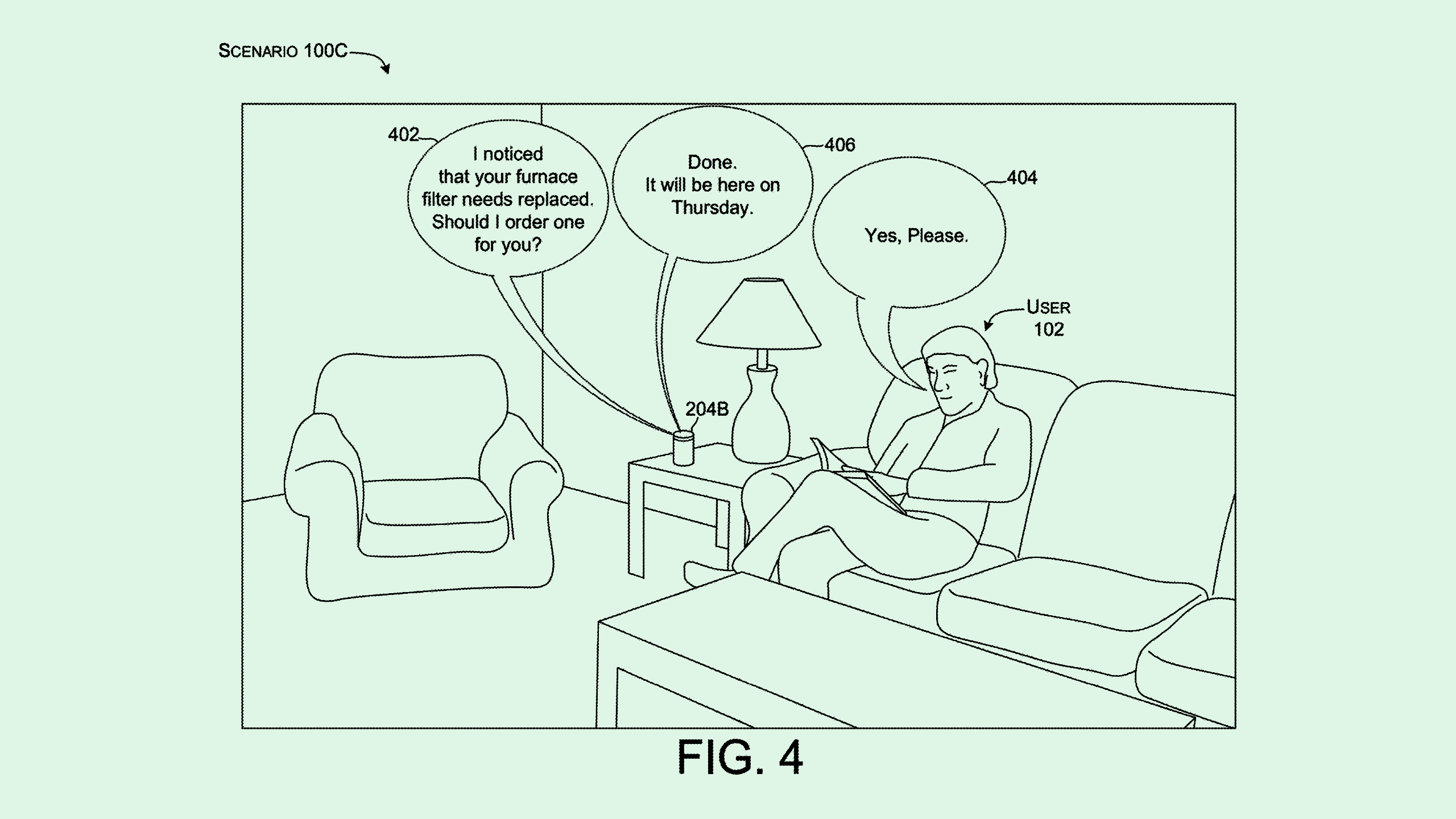
Sign up to uncover the latest in emerging technology.
Microsoft may want to make search results a little more personal.
The company filed a patent application for “IoT enhanced search results.” This essentially uses data from Internet of Things devices, such as smart appliances or wearables, to inform results of search queries.
“The user’s search query can be augmented with this IoT data to provide more relevant search results than are obtained in the traditional scenario,” Microsoft said in the filing. “Further, the more relevant search results can be obtained without any extra effort on the user’s part.”
Microsoft’s system would collect data from a variety of different IoT devices, such as thermostats, smart TVs, vehicles, refrigerators, and more, depending on what the user owns. This “can reflect the user’s interests, what he/she does, and/or what his/her choices are,” Microsoft said.
These devices are monitored and their data is stored into a “knowledge graph,” a type of structured database that’s used by a search engine to index and reference information. The additional data allows the search engine to better align results with a user’s wants and needs.
When a user is searching something, the system uses this knowledge graph to re-rank their search results based on up-to-date personalized data. For example, if a user searches “car repair shops near me,” and the system is collecting data from their vehicle, it may personalize the results to include repair shops that have the specific parts or services they need.
With the rapid onset of AI, the search engine market has been going through changes. While Google remains the dominant player, OpenAI launched its own search engine in recent months called ChatGPT search. Meta is also reportedly working on its own AI-powered search engine.
Microsoft, meanwhile, has sought to enhance its search engine Bing with AI since 2023. Its previous patent applications also spell out an interest in bringing generative AI capabilities to search. Though Google has its own AI search functions, the tech giant faced a massive antitrust blow in August after a court ruled that Google’s search engine dominance violates antitrust laws.
But is any of this enough for another player to emerge dominant against Google? While these efforts could help Bing “gain some ground,” it won’t be an easy feat for any other search engine to supplant Google, said Julie Geller, principal research director at Info-Tech Research Group.
The company controls roughly 90% of search engine market share, according to the Department of Justice, and has spent decades becoming so pervasive that it’s made itself a verb. “It’s one of those things that I just never think is going to go away,” said Geller.
However, as consumer tech moves from “reactive to anticipatory,” patents like these could give Microsoft an edge in the long term, she said. Its suggestion of using personalization as a means of making search more useful to users could give Bing a “strong differentiator” from the rest of the search market, said Geller.
“The natural integration of embedded search into everything that we do, it’s going to help take off that cognitive load,” said Geller. “To get enhanced search by integrating IoT data just makes it more contextually relevant.”



